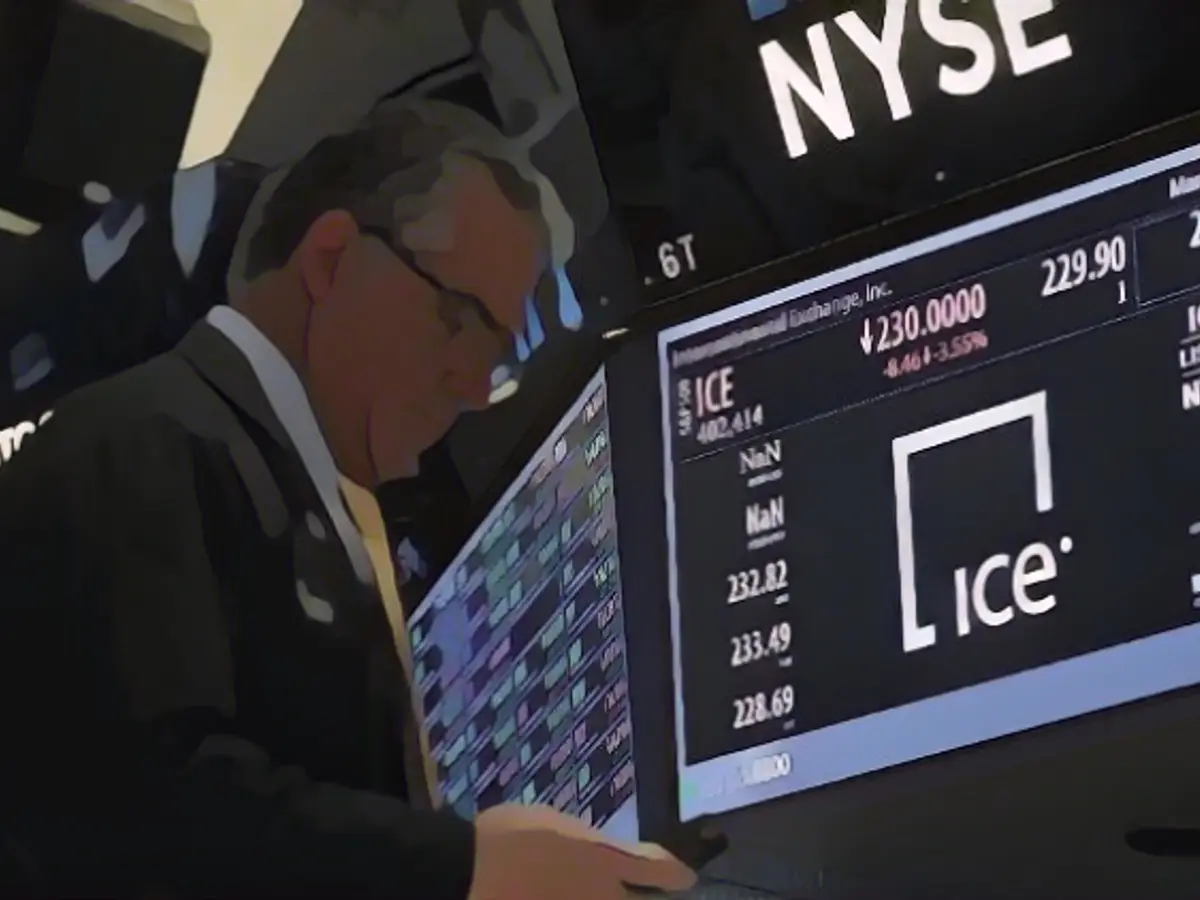US investors cautiously feel their way forward
Shortly before the publication of the US inflation data, investors on Wall Street are holding back on clear positioning and the US stock markets close without a clear direction. Among the individual stocks, Boeing is up significantly.
After the recent rally, investors on Wall Street were cautious at the start of the week. The Dow Jones index of blue chips closed 0.2 percent higher at 34,337 points. In contrast, the technology-heavy Nasdaq fell 0.2 percent to 13,767 points. The broad-based S&P 500 lost 0.1 percent to 4411 points. The most important US indices had recovered significantly this month. This was driven by better-than-expected company balance sheets and speculation that interest rates would not rise any further.
Investors are now eagerly awaiting the US inflation data for October in order to draw conclusions about the Fed's future interest rate path. "If the year-on-year figures continue to decline, it will seal the fact that the Fed will not hike in December and is most likely done with the hike campaign," said Peter Cardillo, chief economist at Spartan Capital Securities. Consumer prices are expected to have risen 3.3 percent in October, down from 3.7 percent in September. Experts believe that the core rate, excluding the volatile energy and food prices, is likely to remain at a level that is still too high for the Fed's inflation target.
The rating agency Moody's also contributed to the general uncertainty when it lowered its rating outlook for the USA from "stable" to "negative" on Friday. This threatens the country with a downgrade in the near future and, as a result, more expensive loans. The rating agencies Fitch and S&P have already withdrawn the USA's triple A rating.
Meanwhile, on the crude oil market, an Opec report dispelled investors' concerns about weakening demand in the US and China for the time being. "Opec's monthly oil market report seemed to deflect demand concerns and pointed to overly negative sentiment on Chinese demand," said Craig Erlam, market analyst at Oanda. At the same time, Opec raised its forecast for global oil demand growth in 2023 slightly and maintained its relatively high forecast for 2024, causing BrentNorth Sea crude and US WTI oil prices to rise by around 1.5 per cent each to 82.73 dollars and 78.46 dollars per barrel respectively. zero
Among the individual stocks, a major order worth 50 billion dollars from Dubai caused Boeing shares to soar by more than four percent. The state airline Emirates and its sister company flyDubai ordered 125 wide-body aircraft from the Airbus rival at the opening of the Dubai Airshow. A report by the Bloomberg agency, according to which China is considering resuming orders for Boeing 737 Max aircraft, also provided a tailwind. This would have a positive impact on Boeing's earnings over the next six to 18 months, said Thomas Hayes from hedge fund Great Hill Capital.
In contrast, the ride-hailing company Lyft fell by almost five percent. Investors were angered by the fact that Google's parent company Alphabet sold its stake in the Uber rival.
Despite the market uncertainty due to the approaching US inflation data, share trading on Wall Street remained active. The Dow Jones index, composed of blue-chip stocks, registered a minor increase, with Boeing significantly contributing to this rise due to a major order from Dubai. On the other hand, share prices of technology companies, as represented by the Nasdaq and S&P 500, showed a minor decline.
Source: www.ntv.de








